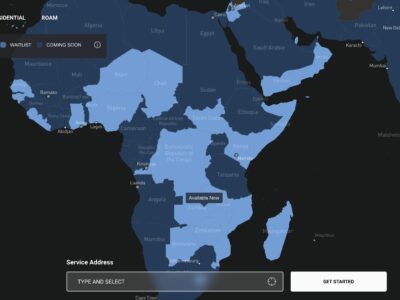The 2025 Digital Economy Conference held in Bulawayo this year brought to the forefront the country’s potential to harness the power of digital technologies to drive economic growth in Zimbabwe. The Minister of ICT Postal and Courier Services, Tatenda A Mavetera in her keynote address, highlighted the impact of digital synergy in various sectors, including healthcare, education, commerce, and agriculture.
By Gamuchirai Mapako
Minister Mavetera emphasized the potential of precision farming to increase yields by 10-30%. Powered by AI, drones, and blockchain can revolutionize the sector, which accounts for 30% of Zimbabwe’s GDP. The AI for Agriculture initiative in India, which boosted productivity by 25%, serves as a model for Zimbabwe to replicate. With the use of drones to monitor crop health, AI to predict weather patterns, and blockchain to ensure fair pricing for farmers, Zimbabwe’s agricultural sector can become more efficient and productive. The likes of NetOne have also ventured into this type of farming by supporting smart agricultural solutions through AI.
Zimbabwe has made significant strides in mobile money adoption, and according to POTRAZ 85% of Zimbabweans now use mobile money services. AI can further enhance financial inclusion by improving fraud detection, credit scoring, and personalized banking. Countries like Kenya, Nigeria, and South Africa are already deploying AI in fintech and Zimbabwe must accelerate its AI adoption to remain competitive.
The minister also added that the healthcare sector is another area where digital technologies can make a significant impact. With only 1.6 doctors per 10,000 people, Zimbabwe faces significant challenges in providing quality healthcare services. AI-powered telemedicine and diagnostic tools can bridge this gap, enabling timely interventions and better patient outcomes. Hon Mavetera urged Zimbabwe to follow in the footsteps of other African countries, stating
“In Rwanda, AI reduced maternal mortality by 30%—we can achieve similar results.”
The mining sector, projected to reach $12 billion by 2025, can also benefit from AI-driven mineral exploration, which can increase efficiency by 35%.
Zimbabwe’s lithium, platinum, and gold sectors stand to gain immensely from the adoption of digital technologies.
The minister’s address also highlighted the progress made in setting up ICT labs in schools and providing connectivity to ensure that no child is left behind in the digital transformation journey. E-learning platforms and digital resources are bridging gaps in access to quality education, empowering learners to achieve their full potential.
In commerce, e-commerce and digital payment systems are transforming how businesses operate, enabling entrepreneurs to reach global markets and consumers to enjoy seamless shopping experiences. The digital economy conference showcased the potential of digital synergy to drive economic growth, improve healthcare outcomes, and enhance financial inclusion.
As the country looks to the future, it is clear that digital technologies will play a critical role in driving economic growth and improving the lives of Zimbabweans. By harnessing the power of AI, blockchain, and other digital technologies, Zimbabwe can create a more efficient, productive, and inclusive economy that benefits all its citizens.
The success of Zimbabwe’s digital economy will depend on the ability of its leaders to create an enabling environment that fosters innovation, investment, and entrepreneurship. With the right policies and investments, Zimbabwe can become a hub for digital innovation and entrepreneurship in Africa, creating opportunities for its citizens and driving economic growth. Speaking at the same event, the director general for POTRAZ also stressed the need for AI oversight to ensure it is safely and accurately incorporated into the country’s system.
In the healthcare sector, Telemedicine is making headlines.
“Telemedicine and health apps are not just improving access to care; they are creating a connected healthcare ecosystem that enables timely interventions and better patient outcomes,” said minister Mavetera.













Comments